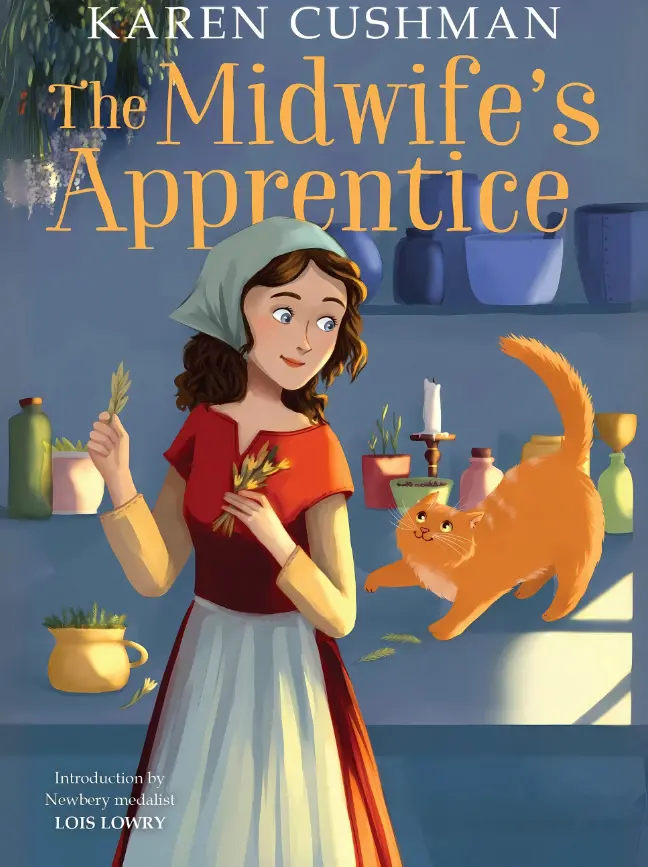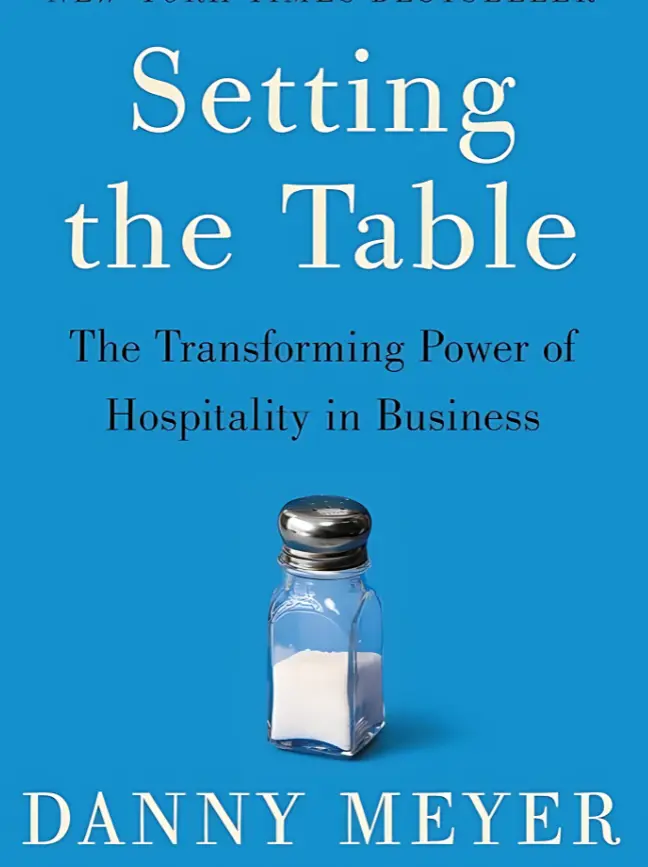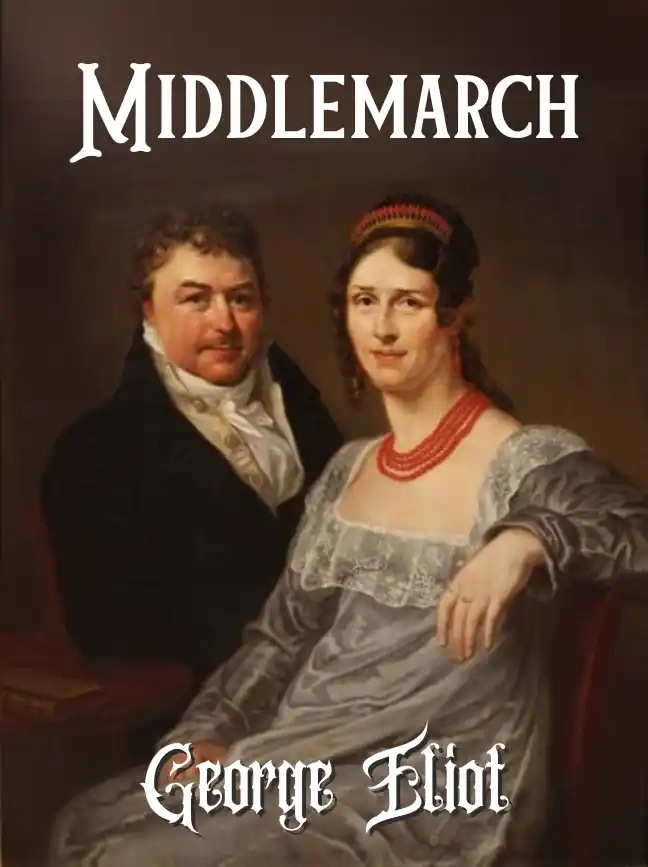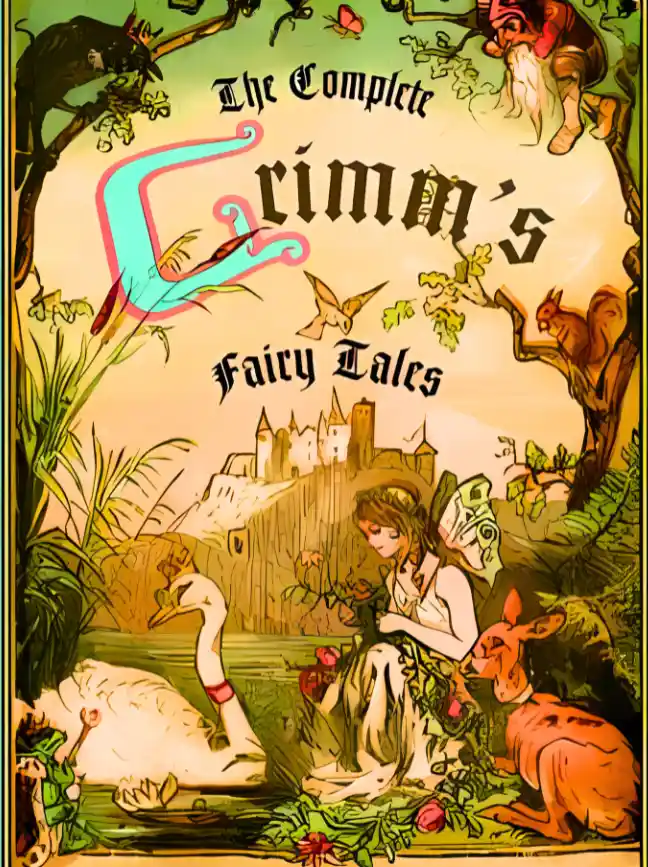H
e was asleep, the covers pulled up to his chin. It was a small room with scarcely space for a chair and a dresser, and she occupied that chair, right by the bed. Atop the dresser sat a little figurine of San Judas Tadeo, and Noemí had found herself praying to it more than once, placing a cigarette before its feet as an offering. She was staring at the figurine, her lips moving slowly, when the door opened and Catalina walked in. She wore a cotton nightgown that belonged to one of Dr. Camarillo’s friends and a thick brown shawl.
“I came to see if you needed anything before I go to bed.” “I’m fine.”
“You should go to bed too,” her cousin said, setting a hand on her shoulder. “You’ve hardly had any rest.”
Noemí patted her hand. “I don’t want him to wake up alone.” “It’s been two days.”
“I know,” Noemí said. “I wish it were like in the fairy tales you read to us. It was very easy in them: all you had to do was kiss the princess.”
They both looked at Francis, his face as pale as the pillowcase on which his head rested. Dr. Camarillo had tended to all of them. He’d seen to their wounds, given them a chance to clean themselves and change their clothes, prepared rooms for them to stay, called for Marta to bring her tincture when Noemí quietly explained they needed it. After imbibing it, they had all experienced headaches and nausea, which quickly eased. Except for Francis. Francis had drifted into a deep slumber from which he couldn’t be roused.
“Tiring yourself won’t help him,” Catalina said.
Noemí crossed her arms. “I know, I know.” “Do you want me to keep you company?”
“I’m fine. I swear, I’ll go to bed soon. I also don’t really want to.
I’m not tired.”
Catalina nodded. They were both quiet. Francis’s chest rose and fell steadily. If he was dreaming, the dreams were not unpleasant. She almost felt sorry for wishing him awake.
The truth was she was afraid of going to bed, of what nightmares might uncoil in the dark. What did people do after witnessing the horrors they had seen? Was it possible to slip back into normality, to play pretend and go on? She wanted to think this was exactly the case, but she was afraid sleep would prove her wrong.
“The doctor says two police officers and a magistrate are arriving tomorrow from Pachuca and your father will be here too.” Catalina adjusted her shawl. “What will we say to them? I don’t think they’ll believe us.”
Upon stumbling onto a pair of farmers with their donkeys behind them, the bloodied, bruised, and tired trio had not really agreed what tale they would tell, and the farmers were too shocked by the sight of them to ask much. Instead they quietly guided them to El Triunfo. Later, as they were ushered into Dr. Camarillo’s house, it had been necessary to fabricate a story, and Noemí had simplified their tale, saying that Virgil had gone mad and attempted to repeat his sister’s murderous actions, killing all the inhabitants of High Place, this time by setting the house on fire.
This, however, did not explain why Noemí had been wearing an old wedding dress and Francis was in a matching wedding suit, nor why both women’s clothes were stained with so much blood.
Noemí was pretty sure Camarillo didn’t believe their version of events, but he pretended to. In his weary eyes Noemí had read a tacit understanding.
“My father will help smooth things out.”
“I hope so,” Catalina said. “What if they should charge us? You know.”
Noemí doubted anyone could hold them in place; there wasn’t even a jail in El Triunfo. If anything, they’d be sent to Pachuca, but she didn’t think they’d do such a thing. Statements would be taken, a cursory report would be typed up, but they couldn’t really prove much.
“Tomorrow we’ll go home,” Noemí said firmly.
Catalina smiled, and Noemí, though tired, was glad to see that smile. It was the smile of the sweet young woman she’d grown up with. It was her Catalina.
“Well, then, get some sleep,” Catalina said, leaning down to kiss her cheek. “They’ll be here early in the morning.”
The women hugged, one long, tight embrace, Noemí unwilling to cry. Not now. Then Catalina gently brushed the hair from her face and smiled again.
“I’m down the hall if you need me,” she said.
Catalina took one last look at the young man and closed the door behind her.
Noemí placed her hand in the pocket of her sweater and felt the lighter there. Her lucky talisman. Finally she took out a crumpled pack of cigarettes that Camarillo had given her the previous day.
She lit the cigarette, tapped her foot, and let the ashes fall into an empty bowl. Her back ached. She had been sitting in that uncomfortable chair for a long time but refused to go away even though first Camarillo and then Catalina had come to poke at her. When she had taken but a few puffs of the cigarette Francis stirred, and she dropped the cigarette onto the bowl and placed the bowl on the dresser, waiting.
He had moved like this before, a faint tilting of the head, but this time she thought it was different. She touched his hand.
“Open your eyes,” she whispered. Ruth had said the same words to her many times, in fear and terror, but Noemí’s voice was warm.
She was rewarded by his eyes fluttering a little, then more, until they focused on her.
“Hello there,” she said.
“Hi.”
“Let me get you some water.”
There was a carafe on the dresser. She filled a glass and helped him drink.
“You hungry?” she asked.
“God, no. Maybe later. I feel terrible.” “You look terrible,” she replied.
His lips formed a fragile smile, and he let out a chuckle. “Yes, I suppose so.”
“You slept two whole days. I thought I’d have to dislodge an apple from your throat, like a poor imitation of Sleeping Beauty.”
“Snow White.”
“Well. You look pale enough.”
He smiled anew and attempted to position himself better against the headboard, his smile waning. “Is it all gone?” he asked, his voice a worried, anxious whisper.
“A couple of townspeople went up the mountain to see what was left of the house. They told us it was a bunch of smoldering ruins. High Place is gone, and the fungus must be gone with it.”
“Yes, I think it is. Although…mycelia can be pretty resistant to fire. And I’ve heard that certain mushrooms…like…like morels, they’ll sprout more easily after a forest fire.”
“It wasn’t a morel and it wasn’t a forest fire,” she said. “If there’s anything left we could find it and burn it.”
“I suppose we could.”
The thought seemed to relax him; he had been clutching the covers quite fiercely and now he released them and sighed, his eyes settling on her.
“What happens tomorrow, then, when your father arrives?” he asked.
“You sneaky man. Were you listening to us the whole time?”
He seemed abashed and shook his head. “No. I suppose you woke me up or I was half awake already. Anyway, I heard your cousin say
your father is arriving in the morning.”
“That’s right. He’ll be here soon. I think you’ll like him. And you’re going to love Mexico City.”
“I’m going with you?”
“We can’t leave you here. Besides, I dragged you down a mountain. I think in cases such as this I’m supposed to guard you. There must be a law about that,” she said with that genial tone of hers. It had been a while since she had employed it. It felt stale and difficult to sound so carefree, it almost hurt her tongue, but she managed a smile, and he looked pleased.
She must practice, she thought. It was all practice. She’d learn to live without worry, without fears, without any darkness chasing after her.
“Mexico City, then,” he said. “It’s very large.”
“You’ll get the hang of it,” she replied, stifling a yawn with her injured hand.
His eyes fixed on Noemí’s splinted fingers. “Does it hurt very badly?” he asked quietly.
“It hurts a little. No sonatas for me for a while. Maybe we can play a duet and you help me with the left hand.”
“Seriously, Noemí.”
“Seriously? Everything hurts. It’ll mend.”
Maybe it wouldn’t, and maybe she’d never be able to coax notes out of a piano the same way she used to, maybe she would never be able to vanquish this experience, but she didn’t want to say that. There was no point in saying that.
“I did hear your cousin telling you to sleep. It sounded like a good idea.”
“Bah. Sleep is boring,” she proclaimed and fidgeted with her pack of cigarettes.
“Do you have nightmares?”
She shrugged and did not reply, tapping her index finger against the box.
“I didn’t have nightmares about my mother. Maybe I will dream of her later,” Francis said. “But I did dream the house had stitched itself together and I was inside of it, and this time there was no way out. I was alone in the house, and all the doors were sealed.”
She crushed the box. “It’s all gone. I told you, it’s all gone.”
“It was grander than before. It was the house before it had fallen into disrepair; the colors were vivid and there were flowers growing in the greenhouse, but flowers also grew inside, and there were forests of mushrooms up the staircase and in the rooms,” he said, his voice infinitely calm. “And when I walked, mushrooms sprouted from my footsteps.”
“Please, be quiet,” she said, and she wished he had dreamed of murder, of blood and viscera. This dream was much more disquieting.
She dropped her box of cigarettes. They both looked down at the ground, where it had landed between her chair and his bed.
“What if it’s never gone? What if it’s in me?” he asked, and there was a hitch in his voice.
“I don’t know,” she said. They’d done everything they could. Burned all the mushrooms, destroyed the gloom, ingested Marta’s tincture. It ought to be gone. Yet, in the blood.
He shook his head with a heavy exhalation. “If it’s in me, then I should put an end to it, and you shouldn’t be so close to me, it’s not
—”
“It was a dream.” “Noemí—”
“You’re not listening.”
“No! It was a dream. Dreams can’t hurt you.” “Then why won’t you go to sleep?”
“I don’t want to, and it has nothing to do with this. Nightmares mean nothing.”
He intended to protest, she pulled herself closer to him, settled on the bed and finally under the covers, bidding him to hush as she
embraced him. She felt his hand ghosting against her hair, heard his heart stuttering and smoothing into a steady beat.
She looked up at him. Francis’s eyes were shiny with unshed tears.
“I don’t want to be like him,” he whispered. “Maybe I’ll die soon.
Maybe you can cremate me.” “You won’t.”
“You can’t promise that.”
“We’ll stay together,” she said firmly. “We’ll stay together and you won’t be alone. I can promise you that.”
“How can you make such a promise?”
She whispered that the city was wonderful and bright, and there were areas of it where buildings were rising up, fresh and new, places that had been open fields and held no secret histories. There were other cities too, where the sun could scorch out the land and bring color to his cheeks. They could live by the sea, in a building with large windows and no curtains.
“Spinning fairy tales,” he murmured, but he embraced her.
Catalina was the one who made stories up. Tales of black mares with jeweled riders, princesses in towers, and Kublai Khan’s messengers. But he needed a story and she needed to tell one, so she did until he didn’t care whether she was lying or speaking the truth.
He tightened his arms around her and buried his face in the crook of her neck.
Eventually, she slept and did not dream. When she woke up to the half-light of the early morning, Francis turned his wan face toward Noemí and locked his blue eyes on her. She wondered whether one day, if she looked carefully, she might notice a golden sheen to them. Or maybe she’d catch her own reflection staring back at her with eyes of molten gold. The world might indeed be a cursed circle; the snake swallowed its tail and there could be no end, only an eternal ruination and endless devouring.
“I thought I dreamed you,” he said, still a little sleepy.
“I’m real,” she replied, a murmur.
They were quiet. Slowly she leaned forward, kissing him on the mouth so he’d know she was truly there, and he sighed, intertwining his fingers with hers and closing his eyes.
The future, she thought, could not be predicted, and the shape of things could not be divined. To think otherwise was absurd. But they were young that morning, and they could cling to hope. Hope that the world could be remade, kinder and sweeter. So she kissed him a second time, for luck. When he looked at her again his face was filled with such an extraordinary gladness, and the third time she kissed him it was for love.








